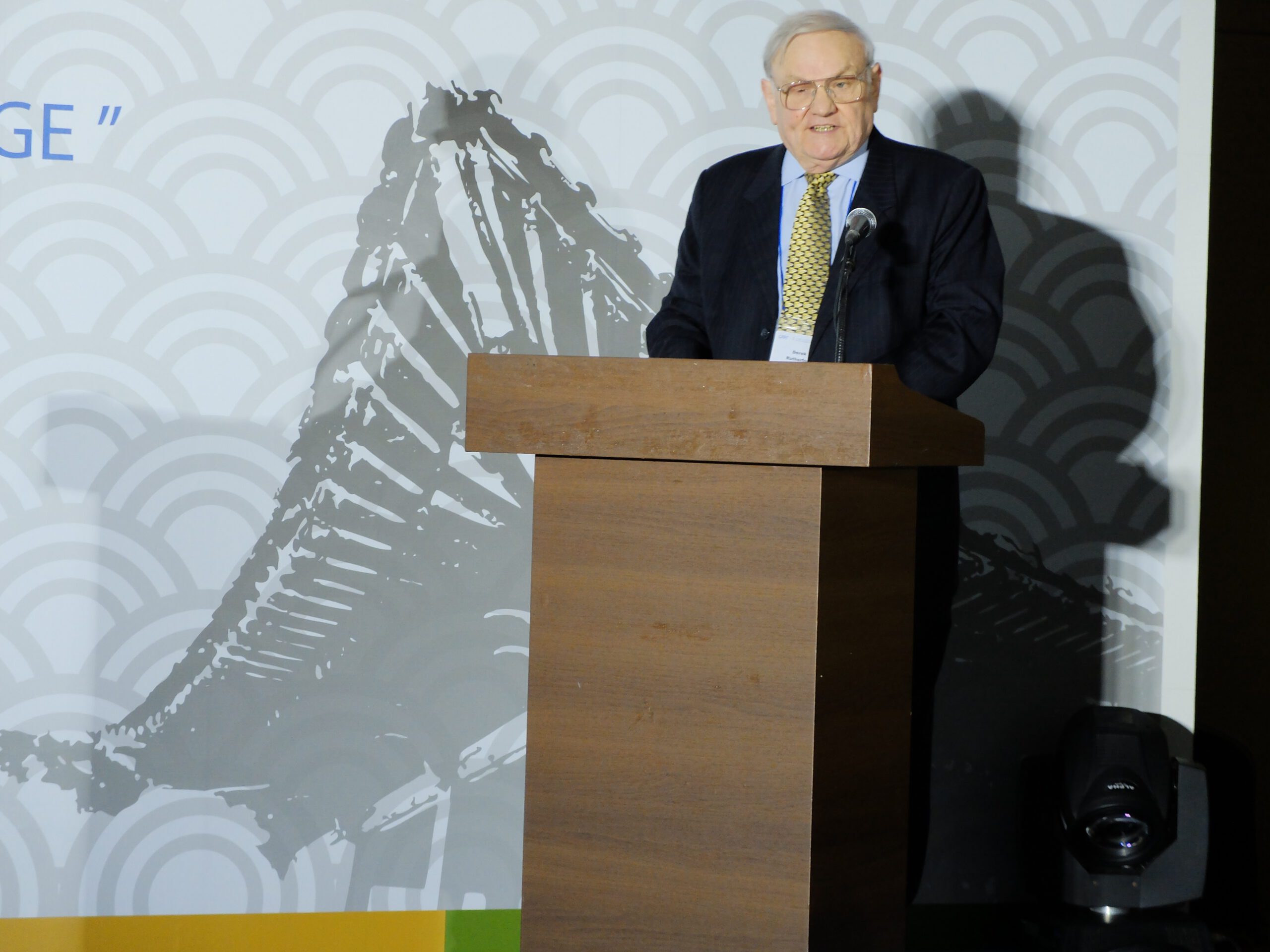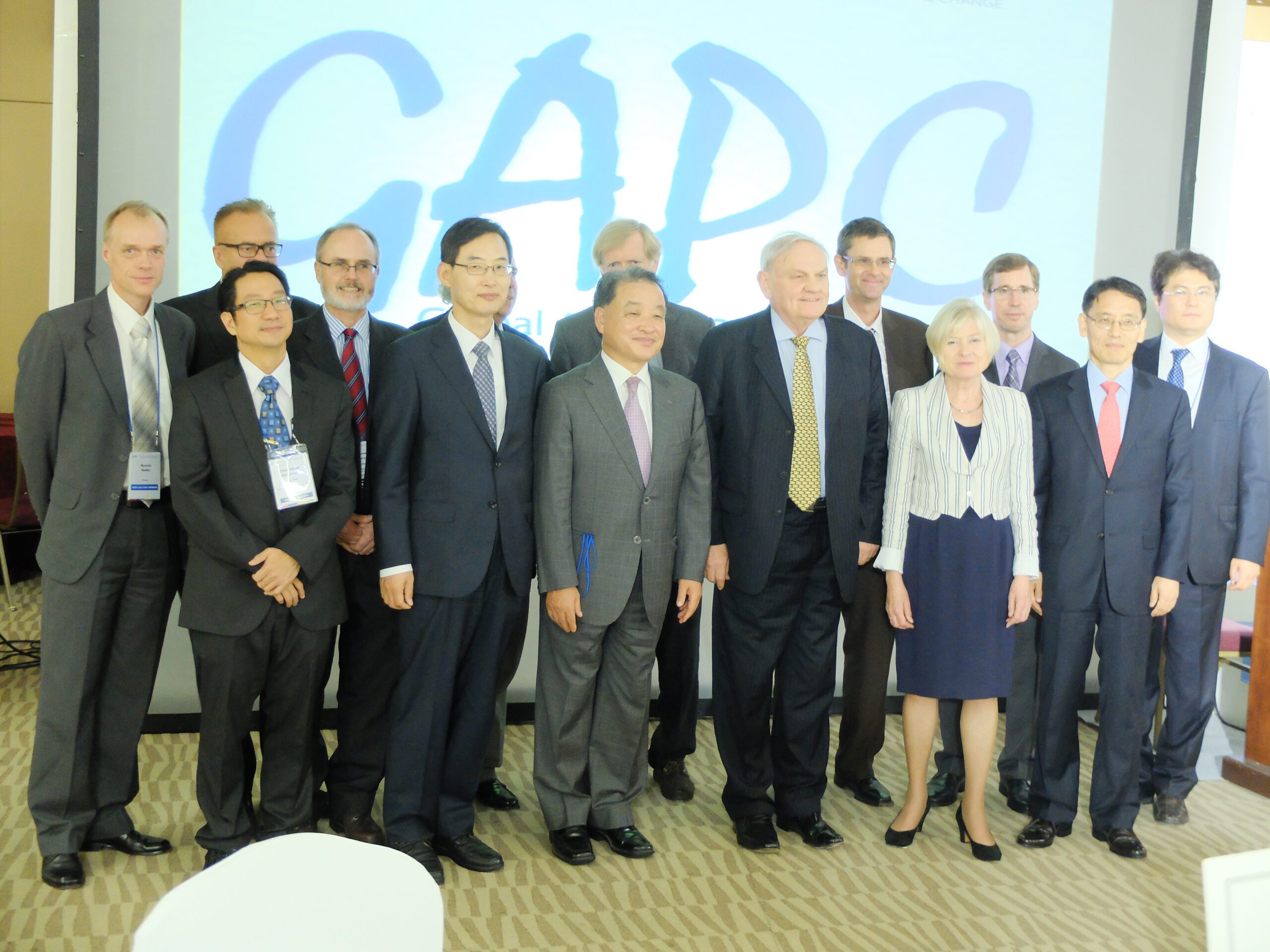GAPC 2013 in Seoul, South Korea
The Global Alcohol Policy Conference (GAPC) was hosted by Sahmyook University together with the Global Alcohol Policy Alliance (GAPA), South Korean Ministry of Health and Welfare and Seoul Metropolitan Government. The World Health Organization (WHO) and FORUT were among the many co-sponsors. The organisers had put together a comprehensive programme under the topic “Alcohol; Civil Society and Public Health – From Local and National Action to Global Change”. The objective was to promote evidence based alcohol policy through cross sector participation free from commercial interest. More than 850 participants from 55 countries attended the conference. Low- and middle income countries in Asia and Africa were well represented.
Dag Rekve from WHO set the stage in the first plenary session by presenting the WHO efforts to implement the Global strategy to reduce the harmful use of alcohol. Says Rekve: “We have the instruments – there is no excuse for inaction anymore.”
In the next presentation Dr Thaksaphon Thamarangsi, Director of Health Promotion Policy Research Center in Thailand, drew up the picture by bringing in personal stories from his time as a doctor in the rural areas of Thailand as illustrations of the broader topic of alcohol’s harm to others.
The presentations covered a wide range of topics, but all contributed to bringing science together with action and advocacy for alcohol policy and reduced alcohol related harm. The conference is unique in that it is an opportunity for collaboration, networking and mobilization of stakeholders from three sectors: civil society, academic and policy makers.
The Seoul Declaration agreed by the conference, states that “Evidence-based and cost-effective interventions exist to reduce alcohol-related harm at global, national and local levels. These interventions, when implemented and enforced, could have profound health, social and economic benefits throughout the world.”
The Declaration calls on intergovernmental agencies, NGO networks, national and local governments, academia, civil society, professional organizations, communities, and individuals, at all levels to take action. Included in these calls are:
- Integrating into national development agendas the evidence-based interventions outlined in the Global Strategy;
- Increasing budgetary allocations for reducing alcohol-related harm;
- Establishing the strongest possible statutory restrictions on alcohol marketing of all kinds;
- Strengthening efforts of civil society groups and organizations to reduce alcohol-related harm;
The first Global Alcohol Policy Conference (GAPC) was held in Syracuse in the state of New York, USA, in 2000. The second conference in Bangkok was held in March 2012.
Read the summary report from GAPC 2013, including the Conference Declaration












